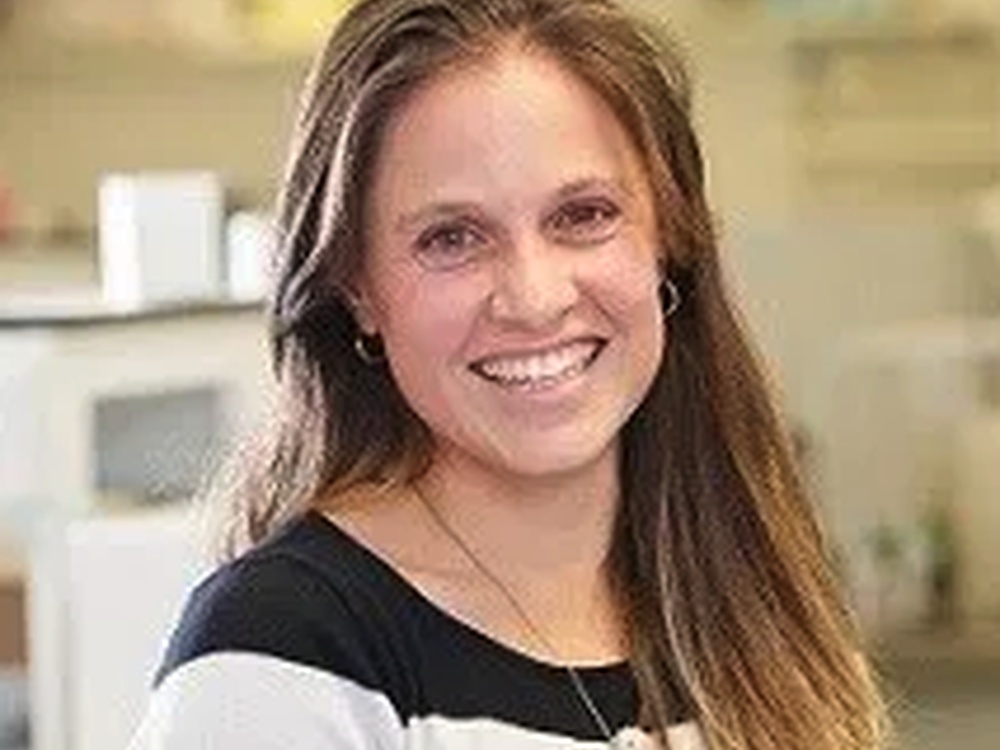What is PREFER?
PREFER is a project that aims to investigate how and when is best to study patient preferences and support decisions in the process of drug development. In our case study, we are seeking patient perspectives and expectations based on current medical needs that they would consider a priority. We are particularly interested in the views of both patients and carers regarding the potential risks and benefits of any new treatments for mitochondrial disease.
What do we want to find out?
We want to know what people with a diagnosis of mitochondrial disease think about different hypothetical treatment scenarios and explore what ‘trade-offs’ they might be willing to make. A ‘trade-off’ is the act of balancing a negative against a positive, for example, balancing the side effects or risks of a treatment against the benefits it may offer and taking a decision based on this. The information will be used to help pharmaceutical companies design more patient-centric treatments and clinical trials.
What has happened so far?
We have conducted a number of face-to-face interviews and focus groups with mitochondrial disease patients and caregivers across the UK. This has included focus groups at the recent Newcastle Patient Information Day that took place earlier this year. During these focus groups, participants discussed the impact of mitochondrial disease on their daily lives and the symptoms that currently give them the greatest difficulty or concern. They also talked about what they would expect from a treatment if one suddenly became available and what risks they would be most worried about or not willing to take.
Did the focus groups go well?
The focus groups were a chance for mitochondrial disease patients to meet one another and share their experiences. These discussions give participants an opportunity to listen to different stories and empathise with each other. We had some very helpful discussions and everyone was very enthusiastic and keen to contribute. Feedback from participants with overwhelmingly positive, with patients citing the need to gain more knowledge, be more empowered and contribute to a worthwhile cause among their reasons for attending.
What will happen next?
The first phase of the PREFER study is now complete and we are currently compiling all the data obtained from the focus groups. After this, we will be ready to move onto the next phase of the study, which will use the results to produce an online patient preference questionnaire. It is likely that this will be ready for autumn 2019, and we will be encouraging mitochondrial disease patients and caregivers from around the world to take part and help shape the future of mitochondrial disease research.
 Dr Cecilia Jimenez-Moreno thanked The Lily Foundation and all the mitochondrial disease patients and caregivers who took part in the PREFER project. Cecilia said:
Dr Cecilia Jimenez-Moreno thanked The Lily Foundation and all the mitochondrial disease patients and caregivers who took part in the PREFER project. Cecilia said:
“I am very grateful for the trust shown by all participants and for the stories shared without hesitation. Every day more and more researchers and industry relay on the support and engagement of patient organisations to deliver successful trials. In this case, The Lily Foundation is continuing to support the PREFER study with patient engagement, recruitment and dissemination."

